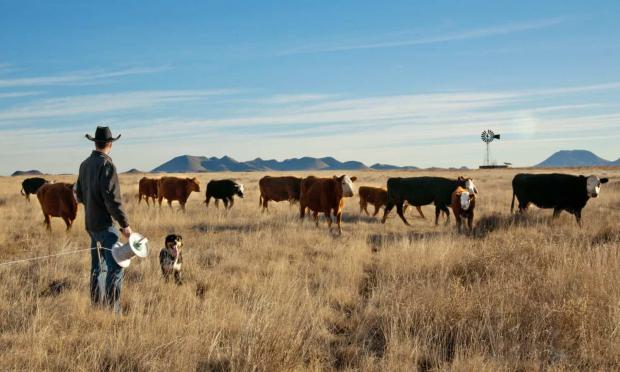
Breaking News
 From Inflation to Hyperinflation: The Gathering Monetary Hurricane
From Inflation to Hyperinflation: The Gathering Monetary Hurricane
 Deputy Attorney General Todd Blanche Fired Ed Martin as Chief of DOJ's Weaponization...
Deputy Attorney General Todd Blanche Fired Ed Martin as Chief of DOJ's Weaponization...
 Clintons Bend The Knee To Comer, Agree To Testify In House Epstein Inquiry
Clintons Bend The Knee To Comer, Agree To Testify In House Epstein Inquiry
 White House Ignores Congress -Hands More Weapons To Israelis & Saudis
White House Ignores Congress -Hands More Weapons To Israelis & Saudis
Top Tech News
 How underwater 3D printing could soon transform maritime construction
How underwater 3D printing could soon transform maritime construction
 Smart soldering iron packs a camera to show you what you're doing
Smart soldering iron packs a camera to show you what you're doing
 Look, no hands: Flying umbrella follows user through the rain
Look, no hands: Flying umbrella follows user through the rain
 Critical Linux Warning: 800,000 Devices Are EXPOSED
Critical Linux Warning: 800,000 Devices Are EXPOSED
 'Brave New World': IVF Company's Eugenics Tool Lets Couples Pick 'Best' Baby, Di
'Brave New World': IVF Company's Eugenics Tool Lets Couples Pick 'Best' Baby, Di
 The smartphone just fired a warning shot at the camera industry.
The smartphone just fired a warning shot at the camera industry.
 A revolutionary breakthrough in dental science is changing how we fight tooth decay
A revolutionary breakthrough in dental science is changing how we fight tooth decay
 Docan Energy "Panda": 32kWh for $2,530!
Docan Energy "Panda": 32kWh for $2,530!
 Rugged phone with multi-day battery life doubles as a 1080p projector
Rugged phone with multi-day battery life doubles as a 1080p projector
 4 Sisters Invent Electric Tractor with Mom and Dad and it's Selling in 5 Countries
4 Sisters Invent Electric Tractor with Mom and Dad and it's Selling in 5 Countries
As US Cattle Ranchers Go Out Of Business, One Family Found A Way To Survive

Livestock farming is now a far cry from what it once was, when ranchers would sell into competitive markets with prices based on quality, as well as prevailing supply and demand.
Today, four global meatpacking corporations—U.S.-based Cargill and Tyson Foods, and Brazilian-based JBS and National Beef/Marfrig—together buy 85 percent of all cattle in the United States, and many once-independent ranchers have devolved into contract labor for these companies, often selling at prices that don't cover their costs.
The result has been an aggregate loss of 655,000 cattle farms since 1980, with an average of 20,000 ranches going under per year in America over the past five years.
After years of losing money under this system, however, Avery and Marc Wrigglesworth, owners of Lily Hill Farm in West Point, Georgia, decided to take a different path. The only way to survive, they said, was to build their own market that sells directly to customers.
While Avery grew up on the Georgia farm, Marc was raised on Jersey, a small island in the English Channel. They met in Jersey where they both were working office jobs in the finance industry.
In 2019, Avery was told by her father that the family's farm, originally founded by her grandfather after he returned home to Georgia from a POW camp in Germany after World War II, would be sold. The herd had been sold off, down to 80 cattle, in order to pay debts, and the farm had fallen into what Marc calls a "death spiral."
What was left was no longer able to generate enough income to keep the business going. Avery and Marc decided to quit their jobs and move to Georgia, hoping that the farm could be saved.
"We are now the third generation, and there's always been something that's drawn me to this place," Avery told The Epoch Times. "It would have broken my heart to see it parceled up, and houses and subdivisions built all over it.
"I just felt like it needed to have one last chance to see if we could turn it around."



